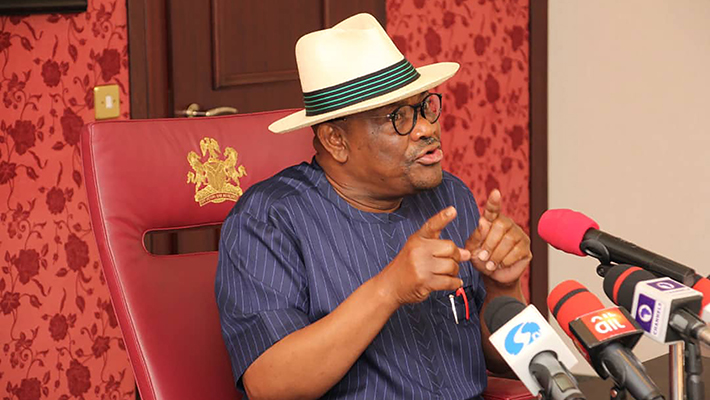‘If any politician fails to execute his/her constituency projects, such politician will be reported to ICPC’

Ikeja – The Independent Corrupt Practices and other related

Mr Waheed Ishola, Lagos State Director of NOA made the disclosure on Tuesday at an Interactive session, organised by the Socio-Economic Rights and Accountability Project (SERAP), in partnership with NOA and the Department for International Development (DFID).
The interactive session was entitled: “How to Sensitise Citizens on Anti-Corruption Social Norms and Mobilise them to support and participate in the fight against Corruption.”
Speaking, Ishola said the fight against corruption by the President Muhammadu Buhari-led administration was gaining momentum and that no “sacred cows” would be spared.
“In the past, the politicians would collect money for constituency projects; you will not see the constituency and you will not see the projects.
“The ICPC has partnered with the National Orientation Agency to follow up on the execution of constituency projects.
As Ihedioha returns to Supreme Court for justice
“If any politician fails to execute his/her constituency projects, he/she politician will be reported to the ICPC,” he said.
Enjoining traditional rulers and religious bodies to inculcate values and morals in their subjects and congregants, Ishola said Nigerians were the critical stakeholders in the anti-corruption fight.
Presenting the result of a survey entitled: “How Corruption is viewed by Nigerians in view of various Social Norms,” Mrs Abosede Popoola, a SERAP Researcher, said that 2,549 Nigerians across all the geo-political zones were sampled in the anti-corruption survey.
Popoola said that 82 percent of the individuals surveyed said that non-corrupt persons were not appropriately rewarded in the country.
“We sampled 55 percent of the respondents in urban areas and 45 percent in rural areas, with 53.7 percent of the respondents being male and 46.3 percent female.
“An overwhelming 96.2 percent said that corruption is a problem in Nigeria and 56.5 percent of the respondents said that corruption can be fought, while 43.5 percent said corruption cannot be fought in the country,” she said.
The SERAP researcher recommended an urgent overhaul of the country’s institutional framework against corruption to ensure swift and conclusive action against the corrupt.
“The power of social media also needs to be properly harnessed in the fight against corruption,” Popoola said.
Dr Dele Seteolu, a lecturer in the Department of Political Science, Lagos State University (LASU), said that to properly enlighten members of the public on the pitfalls of corruption, the results and recommendations of the survey should be interpreted in traditional dialects.
He recommended that platforms should be created on websites and on social media to encourage discussions on the results of the survey among members of the public.
“NOA officials and local government chairmen should devise means of putting this report as an addendum on social media.
“The audience present should think of how to mobilise individuals, families, communities, occupational groups and professional groups in the fight against corruption.
“Community development associations should also be used to sensitise the public on these matters,” Seteolu said. (NAN)








